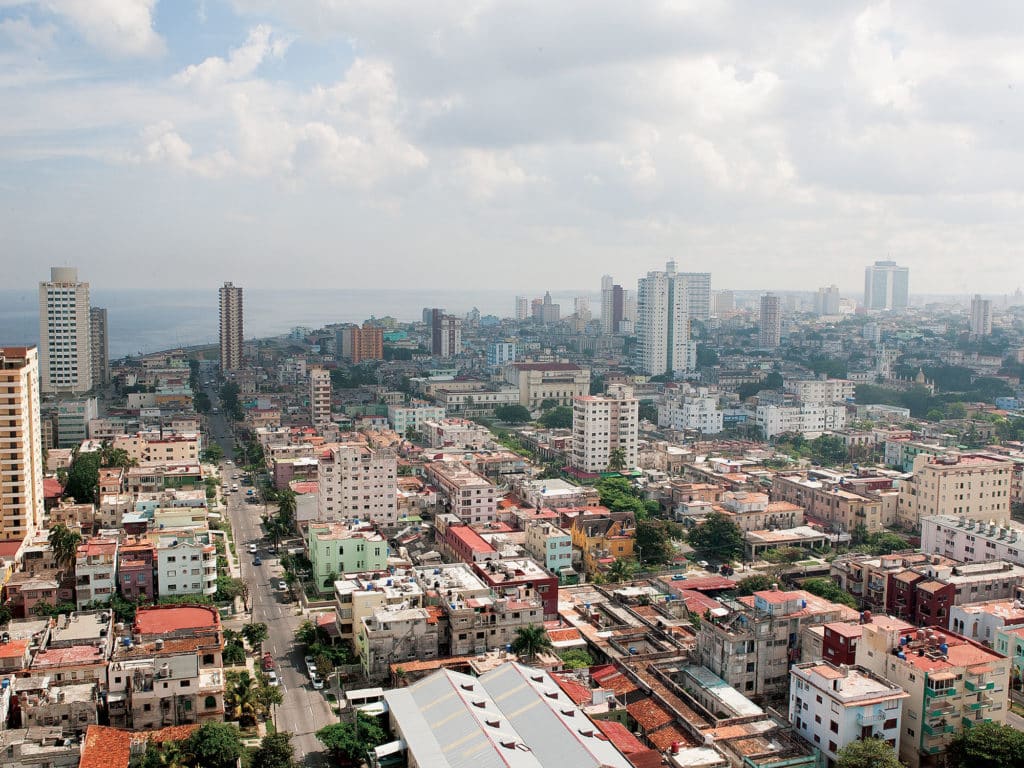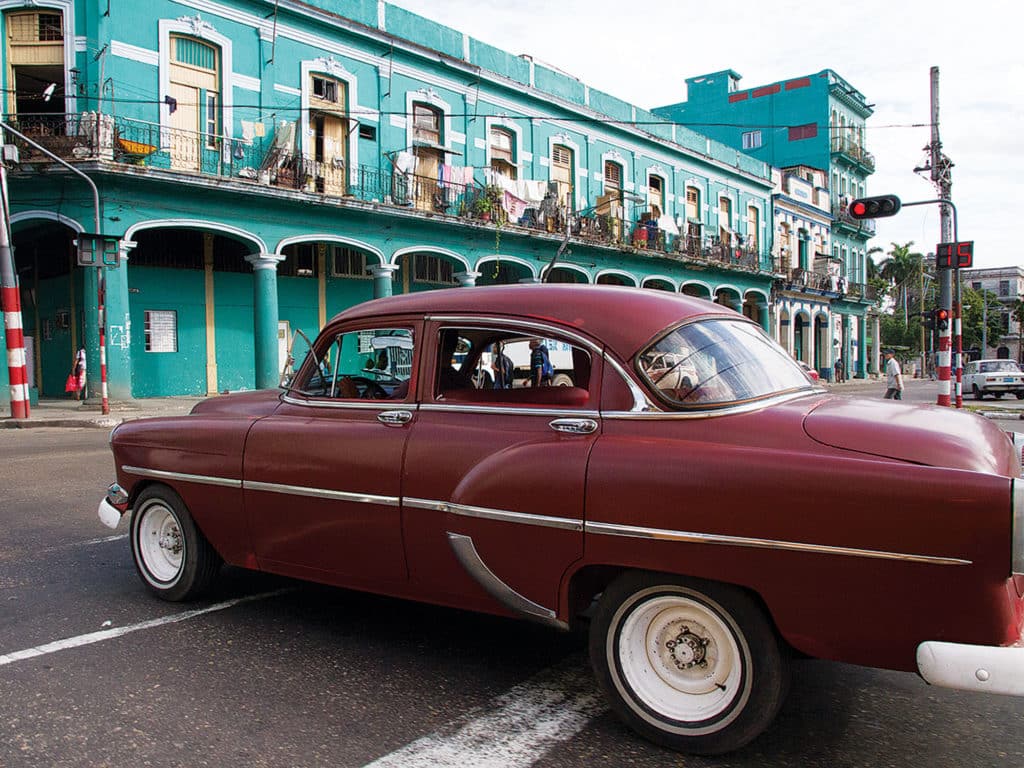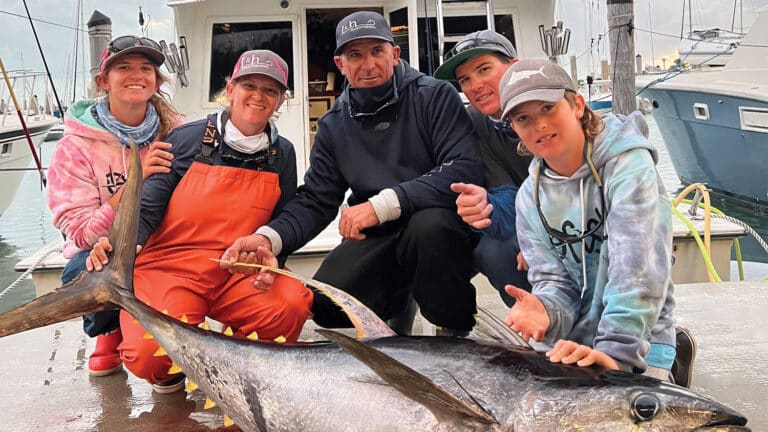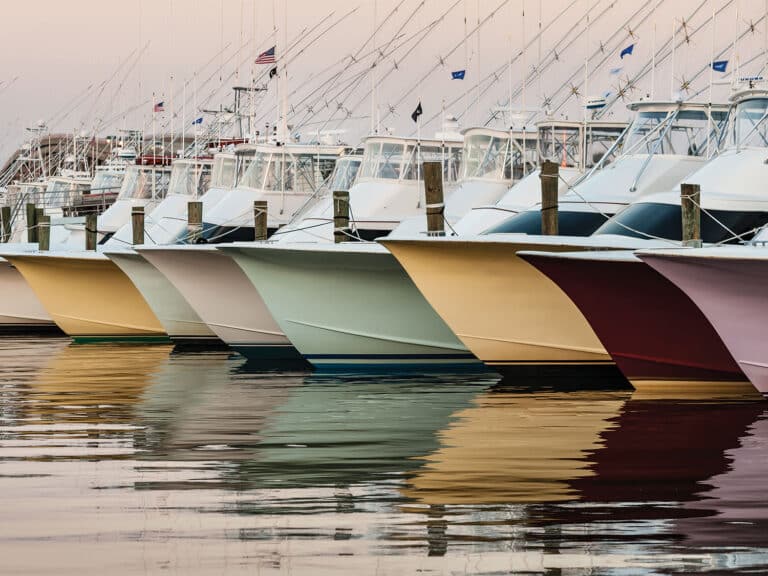
How to take a personal boat to Cuba is a common topic infiltrating the sport-fishing industry. Traveling to Cuba is now doable, but you must follow rules to do so legally. Unfortunately, there is a lot of misinformation on this subject, and one thing has not changed: Traveling to Cuba strictly for tourism is not allowed.
Policy Changes Provide Easier Access
On January 16, 2015, the Department of the Treasury’s Office of Foreign Assets amended the Cuban Assets Control Regulations to implement policy changes, which facilitate travel to Cuba for authorized purposes. The amendments disposed of the need to have a specific license issued by OFAC; additionally, they authorized travel through 12 pre-approved general licenses, such as professional meetings, athletic events and religious activities. The general licenses do make traveling to Cuba easier, but there are still rules and restrictions.
Prior to taking a boat to Cuba, you must file an Application for Permit to Enter Cuban Territorial Seas (I’ll refer to this application as “Form” in the rest of the article), which is done by faxing the Form to the 7th Coast Guard District. The Form is relatively basic: It requires the owner’s or captain’s name, address and location of the vessel, as well as dates and details of travel. The Form also requires a list of crew members who will be present and the purpose of the voyage. It is crucial that no crew members are left off the list. The approval process typically takes two to three weeks, but it will start over should you forget to add an individual to this list. As such, it is wise to include all individuals who might participate in the trip.

Meeting the Criteria
The purpose of the voyage is arguably the most important section of the Form because it identifies which of the 12 categories the travel will be approved under. The approval system seems to have become more lenient, but it is still important to be as detailed as possible. Prior to completing the Form, you should have your trip already planned out through a specific program or be able to identify a specific reason for traveling within one of the pre-approved categories (e.g., the Hemingway International Billfishing Tournament). It also helps to have familiarity with the federal regulations, specifically noting OFAC regulations require travelers to keep full and accurate records of their travel-related transactions for at least five years. You will be required to produce those records should OFAC request them. It would be a poor decision to falsify information on the Form simply to get approved to enter Cuba’s territorial seas, then be unable to produce formal records if requested.
In addition to sailing competitions or fishing tournaments, many U.S. citizens who currently take their boats to Cuba do so under a “people-to-people” educational exchange, which is authorized by general license. People-to-people travel allows U.S. citizens to participate in cultural experiences and engage in direct contact with the Cuban people to learn more about them and their way of life. The exchanges must take place under the supervision of a U.S. sponsor organization; the participants must engage in a full-time schedule of activities resulting in meaningful interaction with Cuban individuals; and an agent, paid consultant or employee of the organization must accompany the group for the duration of the program. There are many types of programs in place, and some organizations even have programs that allow for flats-fishing and diving. The most important thing to remember is that the general license authorizes meaningful, supervised group activities for up to 14 days, not open-ended, tourist-oriented or self-directed activities intended for personal enrichment only.
Passports and visas
Passports and tourist visas are still required to travel to Cuba. A separate item from the license, visas can take up to four weeks to be processed. Typically, a traveler’s sponsor organization or an agent will assist with the application process. However, an individual can also contact the Cuban Embassy in Washington, D.C., to get more information on the visas. An individual must also have acceptable travel medical insurance, which will be checked upon arrival. Asistur S.A. is the most common provider, and the insurance can be purchased prior to the trip or upon arrival in Cuba.
Good Guidance
We have quite a ways to go before we will be able to experience and enjoy Cuba for everything it has to offer. However, you can visit it now if you follow the rules, and it’s important for every traveler to seek guidance prior to making the trip. We often help clients with these details, assisting with paperwork, drafting letters for an insurance company or simply advising on the relevant rules.
Raleigh P. Watson is a contributing author, and a Partner at Miller Watson Maritime Attorneys.







